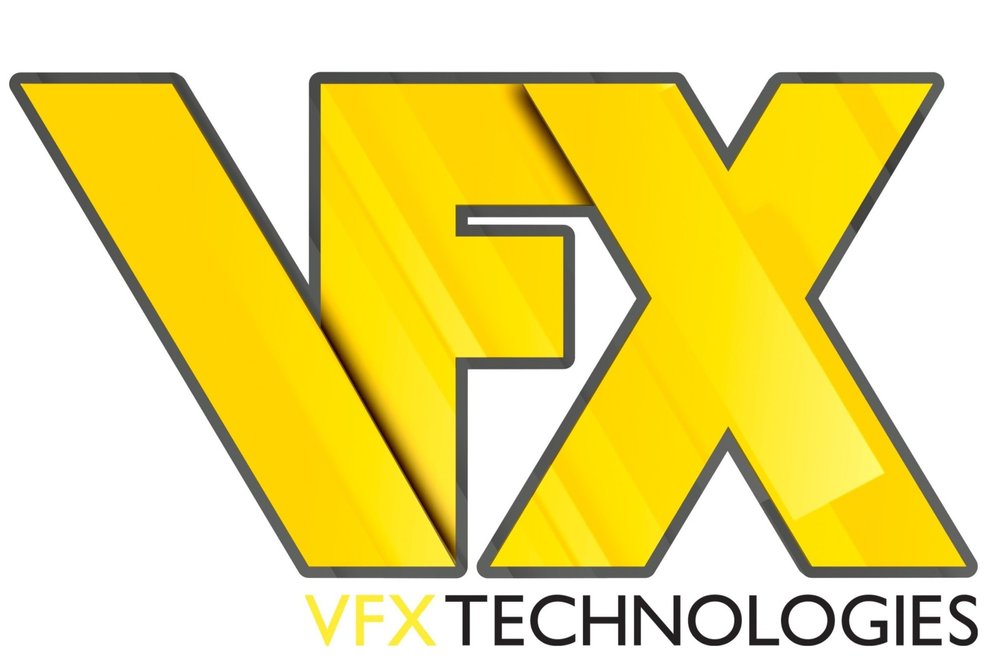When we meet our creative shop clients for the first time, one of their main concerns is whether they're ready to take on production projects from large production companies, like Lucas Films or Netflix.
It isn't surprising that this is such a common concern because in order to land these large-scale production projects, you must undergo a stringent auditing process conducted by the production company offering you the job.
The audit process heavily focuses on security protocols your team uses to store, complete, and deliver projects.
As if this wasn't stressful enough, the pandemic changed the production workflows for many companies, so passing these audits while working remotely was new territory for most of our clients.
Whether you're hoping to land your first big project or simply want to know where you stand, we compiled a list of questions that have helped our clients pass these audits during this time.
Does your creative team work in a specific location, remotely, or both?
Depending on the production film company, there will be a preference. Since the pandemic, most production film companies have been allowing smaller studios to work remotely. However, security of their project assets remains top of mind.
If your team works on location, what security protocols are in place?
Physical Location: Having secure access to the physical space where project data is stored is required. Creating a log of activities, including security camera footage or key card access records, will help pass the security requirements as well.
Workstations: Each artist should require different permissions and have a unique login to their secure workstation. Most production projects require that the workstation be used for a single project only.
If your team works remotely, what security protocols are in place?
Your team should NOT be working on projects from their personal computer. Approved clients are either sending secured computers to their teams or allowing remote access to secured workstations housed in a secure location.
Monitoring the activity of your employees on the secure computer they use at home will help pass the security requirements as well.
How does your team store media assets?
Each project has to be logically and/or physically separated from other production projects in your secured storage system.
What type of network security is in place?
Firewalls, VPN networks, and two-factor authentication are all elements that should be incorporated in your network security.
Through our experience and depending on the project, pre-approved remote desktop software may be required.
How are you efficiently delivering assets?
In order to transfer project data and make the transfer secure and fast, a data transfer software is typically required.
Some popular choices our clients have used include Aspera and Signiant.
Do you know if the project you're applying for requires an air gap system?
Some highly-secured projects require that you work in complete isolation, including no access to the internet. This entails working in an air gap system, which requires substantial modifications to your current workflow and infrastructure.
For production projects like this, you should consider the cost of making these changes. In the past, we've had clients realize how much modifying they had to do to their own systems and what the cost would be for those modifications a little too late in the approval process to back out. Please prepare accordingly before agreeing to an air gap system project.
As you ask yourself the above questions, you should answer them as honestly as possible. If there are any areas of improvement that you identify in your current workflow, feel free to contact us.
We wish you luck in your next project!


